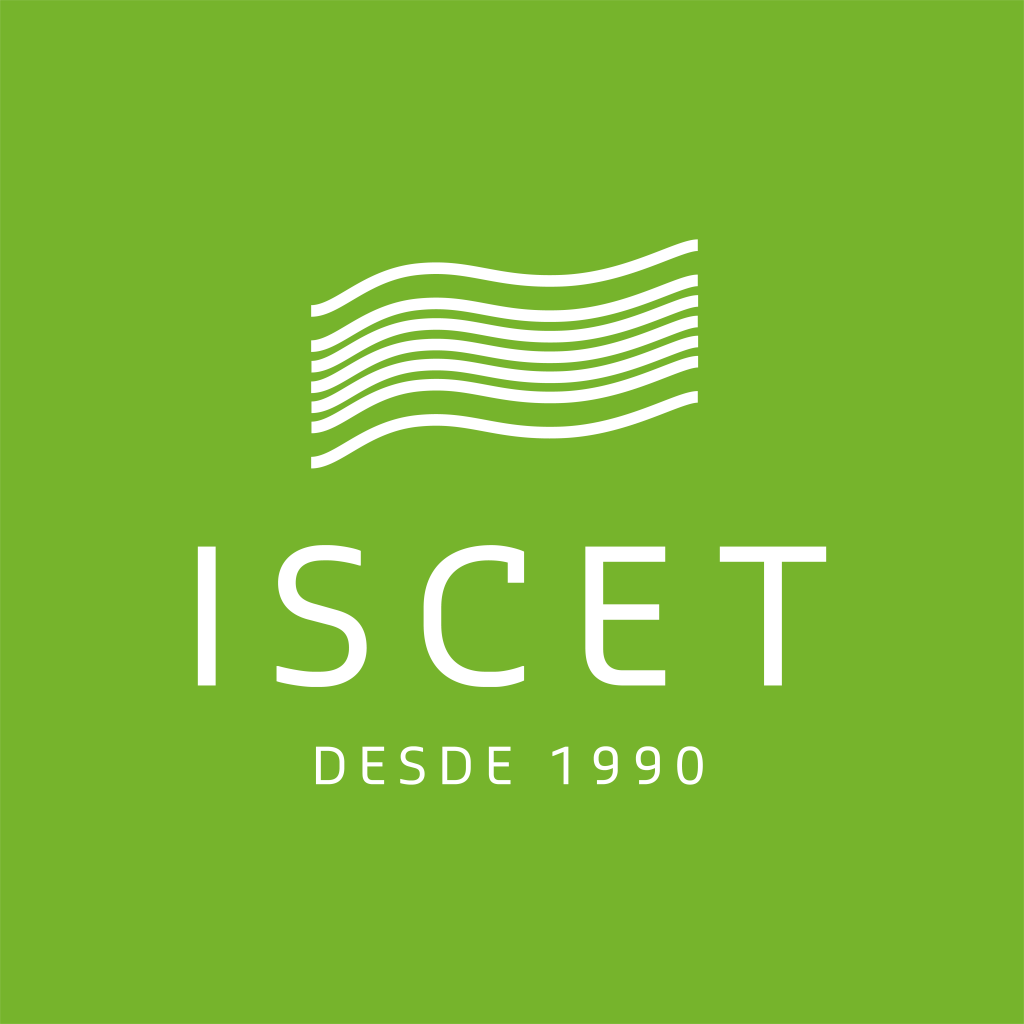A Inteligência Artificial e o Impacto no Marketing e no Consumidor
Cristiana Vieira  1 and José Magano
1 and José Magano 
 1
1
1 ISCET – High Institute of Business and Tourism Sciences, Porto, Portugal
To cite this text:
Vieira, C. & Magano, J. (2021), A Inteligência Artificial e o Impacto no Marketing e no Consumidor, Percursos & Ideias, Vol. 11, pp. 16-22.
doi: 10.56123/percursos.2021.n11.16
Abstract
New technologies, such as virtual reality and augmented reality, are continually evolving, becoming promising marketing tools for creating new channels and offering new experiences to consumers. Human communication mediated by technology on smartphones is evolving towards interfaces that embody artificial intelligence, permitting the interpretation of people’s daily activities and their habits and behaviours. This paper reviews the concepts and the potential applications of artificial intelligence in marketing, particularly highlighting the role of new virtual assistants and their potential.
Keywords
Consumer, artificial intelligence, marketing, technology
References
Alcañiz, M.; Bigné, E.; Guixeres, J. (2019), “Virtual reality in marketing: A framework, review, and research agenda”, in Frontiers in Psychology, Vol. 10:1530, Issue JULY, pp. 1-15. Disponível em: https://doi.org/10.3389/fpsyg.2019.01530
Amado, A.; Cortez, P.; Rita, P.; Moro, S. (2018), “Research trends on Big Data in Marketing: A text mining and topic modeling based literature analysis”, in European Research on Management and Business Economics, 24(1), pp. 1-7. Disponível em: https://doi.org/10.1016/j.iedeen.2017.06.002
André, Q. et al. (2018), “Consumer Choice and Autonomy in the Age of Artificial Intelligence and Big Data”, in Customer Needs and Solutions, vol. 5(1-2), pp. 28-37. Disponível em: https://doi.org/10.1007/s40547-017-0085-8
Blueshift (2018), Activating Data for AI Powered Marketing | a activating customer data for ai powered marketing from aspirations to reality. Disponível em: http://files.r-trends.ru/reports/REPORT___Activating_Customer_Data_for_AI_Powered_Marketing_by_Blueshift.pdf.
Campbell, C.; Sands, S.; Ferraro, C.; Tsao, H. Y. (Jody); Mavrommatis, A. (2020), “From data to action: How marketers can leverage AI”, in Business Horizons, 63(2), pp. 227-243. Disponível em: https://doi.org/10.1016/j.bushor.2019.12.002.
Chung, H.; Lee, S. (2018), Intelligent Virtual Assistant knows Your Life. pp. 1-6.
CHUNG, H.; Iorga, M.; VOAS, J.; LEE, S. (2017), “Alexa, Can I Trust You?”, in Computer, 50(9), pp. 100-104. Disponível em: https://doi.org/10.1109/MC.2017.3571053.
Davenport, T.; Guha, A.; Grewal, D.; Bressgott, T. (2020). “How artificial intelligence will change the future of marketing” , in Journal of the Academy of Marketing Science, 48(1), pp. 24-42. Disponível em: https://doi.org/10.1007/s11747-019-00696-0.
Fluss, D. (2017). The AI Revolution in Customer Service. Disponível em: https://www.destinationcrm.com/Articles/Columns-Departments/Scouting-Report/The-AI-Revolution-in-Customer-Service-115528.aspx
Gentsch, P. (2019), “AI Business: Framework and Maturity Model”, in AI Marketing, Sales and Service, Palgrave Macmillan, Cham, pp. 27-78. Disponível em: https://doi.org/10.1007/978-3-319-89957-2_3.
Gursoy, D.; Chi, O. H.; Lu, L.; Nunkoo, R. (2019). “Consumers acceptance of artificially intelligent (AI) device use in service delivery”, in International Journal of Information Management, 49 (February), pp. 157-169. Disponível em: https://doi.org/10.1016/j.ijinfomgt.2019.03.008.
Guzman, A. L. (2019), “Voices in and of the machine: Source orientation toward mobile virtual assistants”, in Computers in Human Behavior, 90, pp. 343-350. Disponível em: https://doi.org/10.1016/j.chb.2018.08.009.
Kumar, V.; Rajan, B.; Venkatesan, R.; Lecinski, J. (2019), “Understanding the role of artificial intelligence in personalized engagement marketing”, in California Management Review, 61(4), pp. 135-155. Disponível em: https://doi.org/10.1177/0008125619859317.
Kumar, V.; Ramachandran, D.; Kumar, B. (2020), “Influence of new-age technologies on marketing: A research agenda”, in Journal of Business Research. Disponível em: https://doi.org/10.1016/j.jbusres.2020.01.007.
Levy, S. (2010), “The AI revolution is on”, in Wired, 19(1), pp. 86-97.
Longoni, C.; Bonezzi, A.; Morewedge, C. K. (2019), “Resistance to Medical Artificial Intelligence”, in Journal of Consumer Research, 46(4), pp. 629-650. Disponível em: https://doi.org/10.1093/jcr/ucz013.
Marr, B. (2016), “What Is The Difference Between Deep Learning, Machine Learning and AI?”, in Forbes. Disponível em: https://www.forbes.com/sites/bernardmarr/2016/12/08/what-is-the-difference-between-deep-learning-machine-learning-and-ai/#32de6c1426cf.
— (2018), “The Key Definitions Of Artificial Intelligence (AI) That Explain Its Importance”, in Forbes. Disponível em: https://www.forbes.com/sites/bernardmarr/2018/02/14/the-key-definitions-of-artificial-intelligence-ai-that-explain-its-importance/#4200cb44f5d8.
Nadimpalli, M. (2017), “Artificial Intelligence – Consumers and Industry Impact”, in International Journal of Economics & Management Sciences, 06(03), pp. 4-6. Disponível em: https://doi.org/10.4172/2162-6359.1000429.
Tobergte, D. R.; Curtis, S. (2010), “Marketing Intelligent Systems Using Soft Computing”, in Springer-Verlag Berlin Heidelberg GmbH, vol. 258, Issue 3. Disponível em: https://doi.org/10.1007/978-3-642-15606-9.
Wirtz, J. et al. (2018), “Brave new world: service robots in the frontline” , in Journal of Service Management, 29(5), pp. 907-931. Disponível em: https://doi.org/10.1108/JOSM-04-2018-0119.


